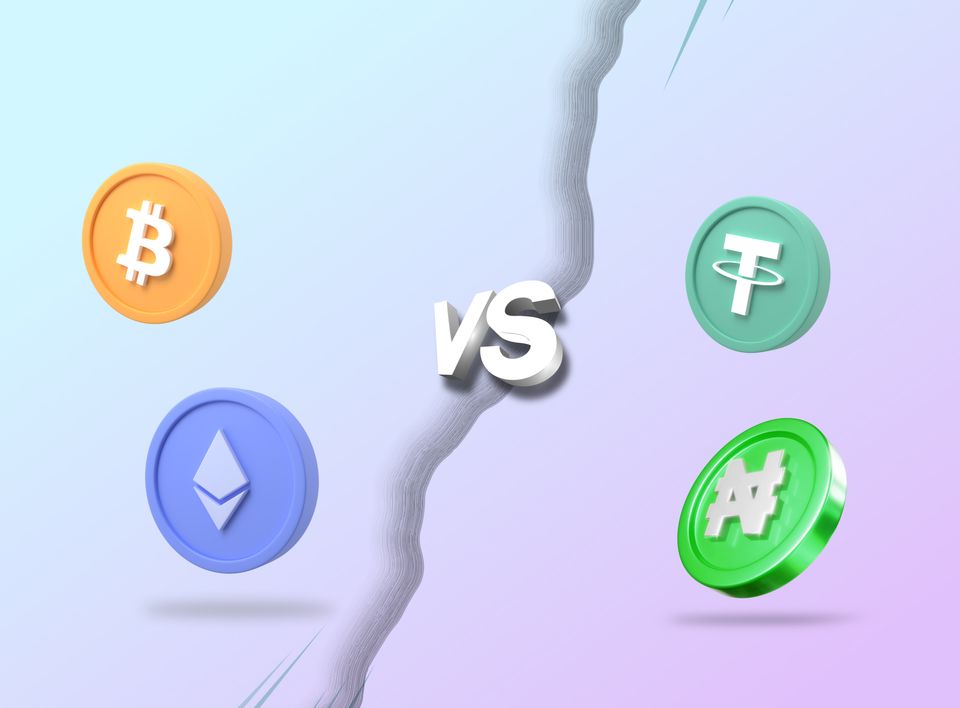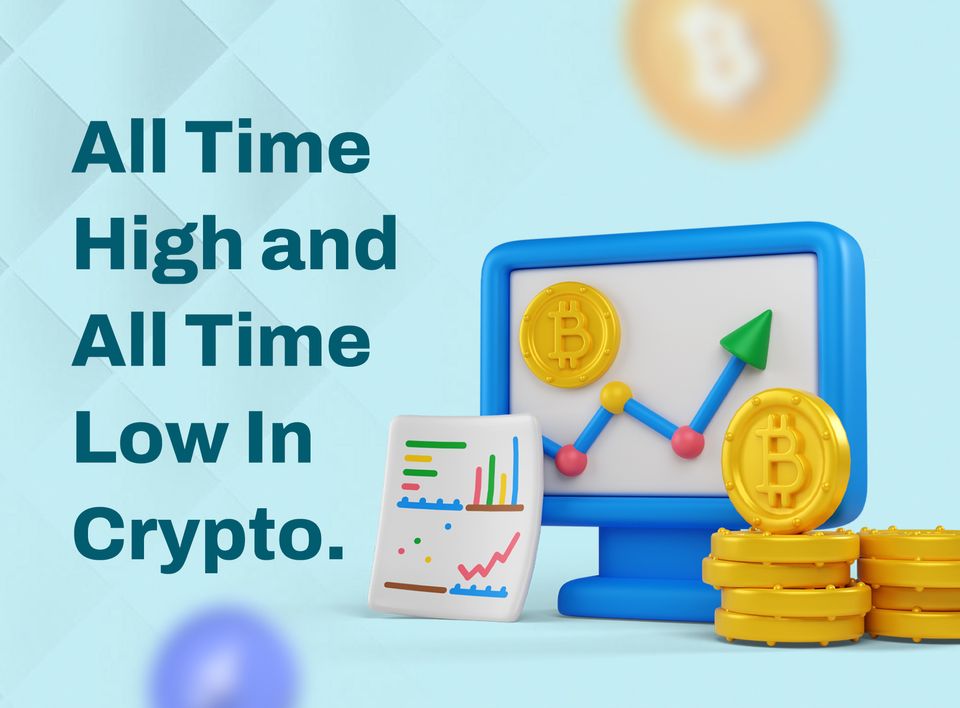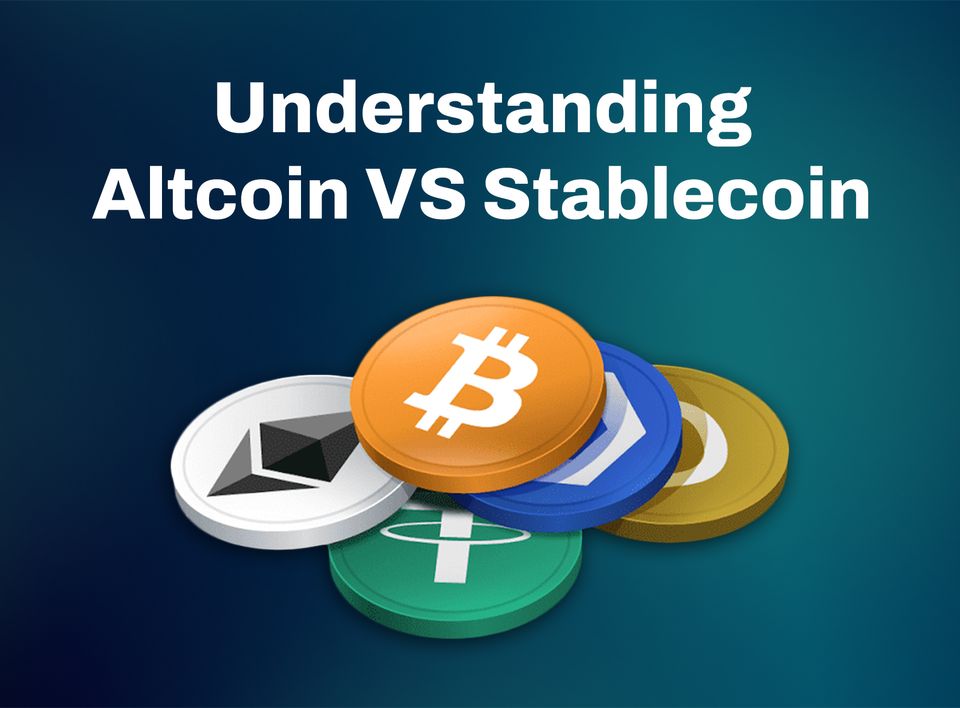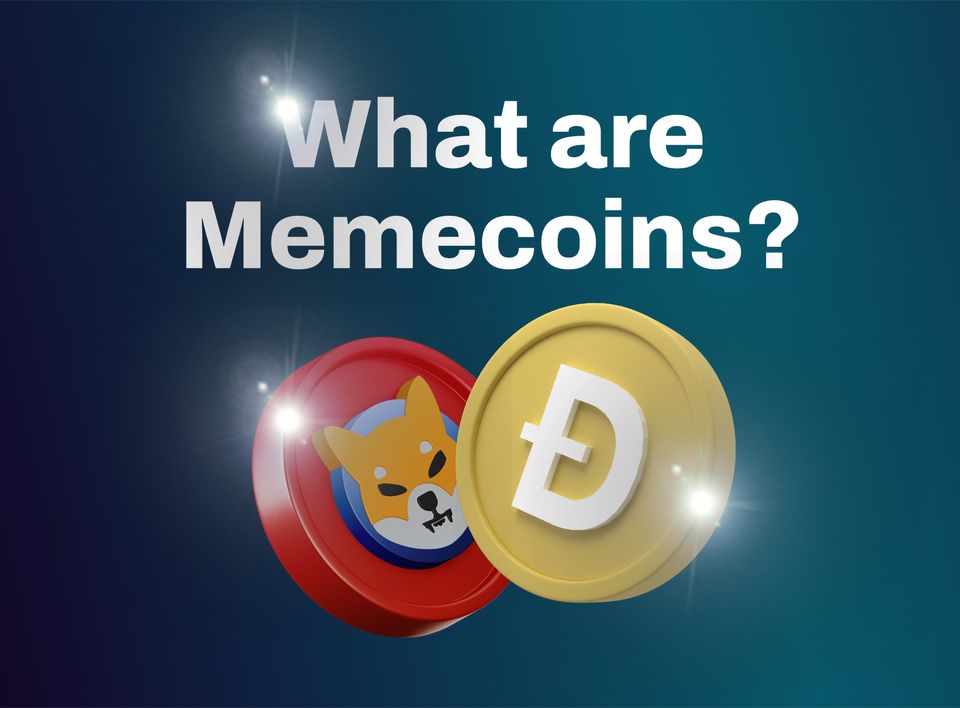Top 10 Cryptocurrencies to Buy in 2024
In this article, we will explore the top 10 cryptocurrencies that stand out for their stability, reliability, and potential for growth.
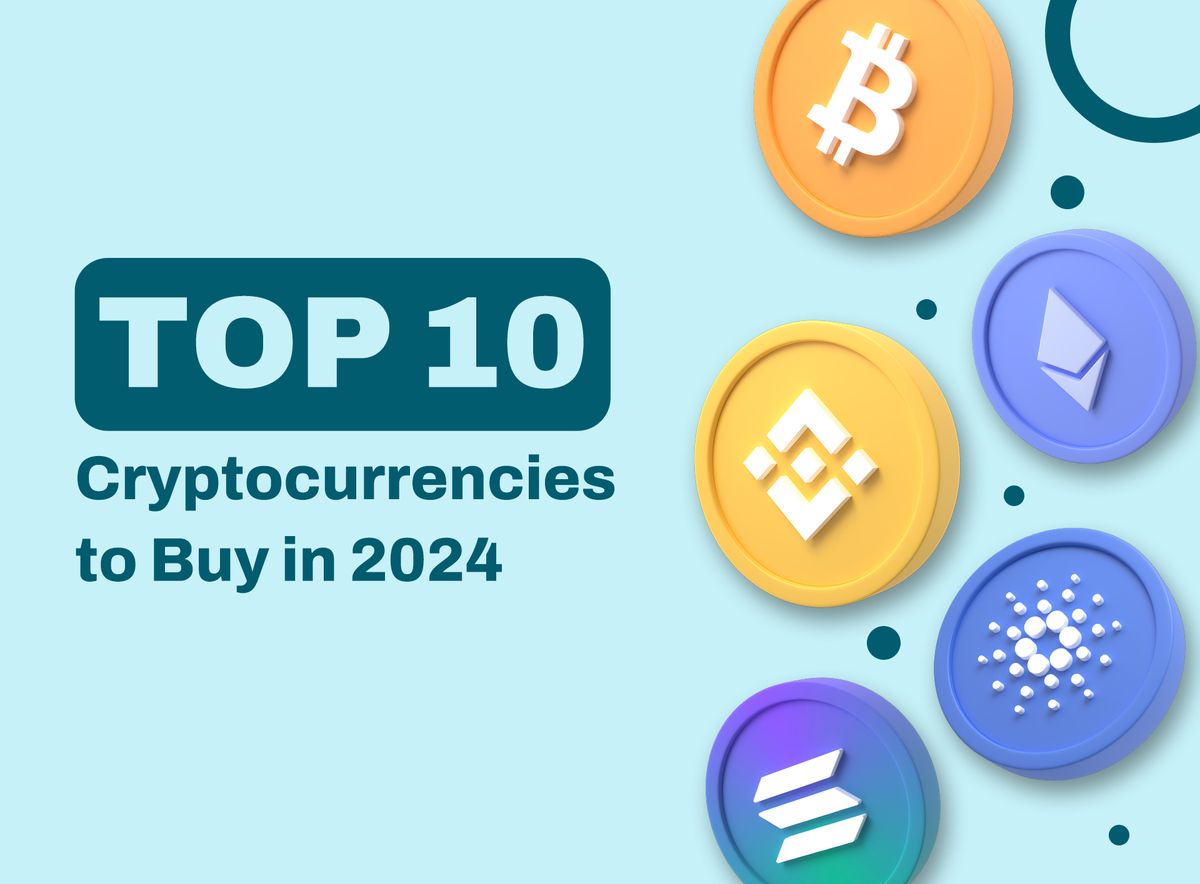
TABLE OF CONTENT:
1. Introduction
2. Top 10 Cryptocurrencies to Buy in 2024
3. Closing Thoughts
4. FAQs
Introduction
As we enter 2024, the world of cryptocurrencies continues to evolve, and investors are keen to explore stable and promising options in the crypto market.
In this article, we will explore the top 10 cryptocurrencies that stand out for their stability, reliability, and potential for growth. Whether you're a seasoned investor or a newcomer to the crypto space, understanding these digital assets can be a valuable step toward building a diversified and strong portfolio.

Top 10 Cryptocurrencies to Buy in 2024
Here are the top 10 most promising cryptocurrencies that you should consider buying in 2024:
1. Bitcoin (BTC)
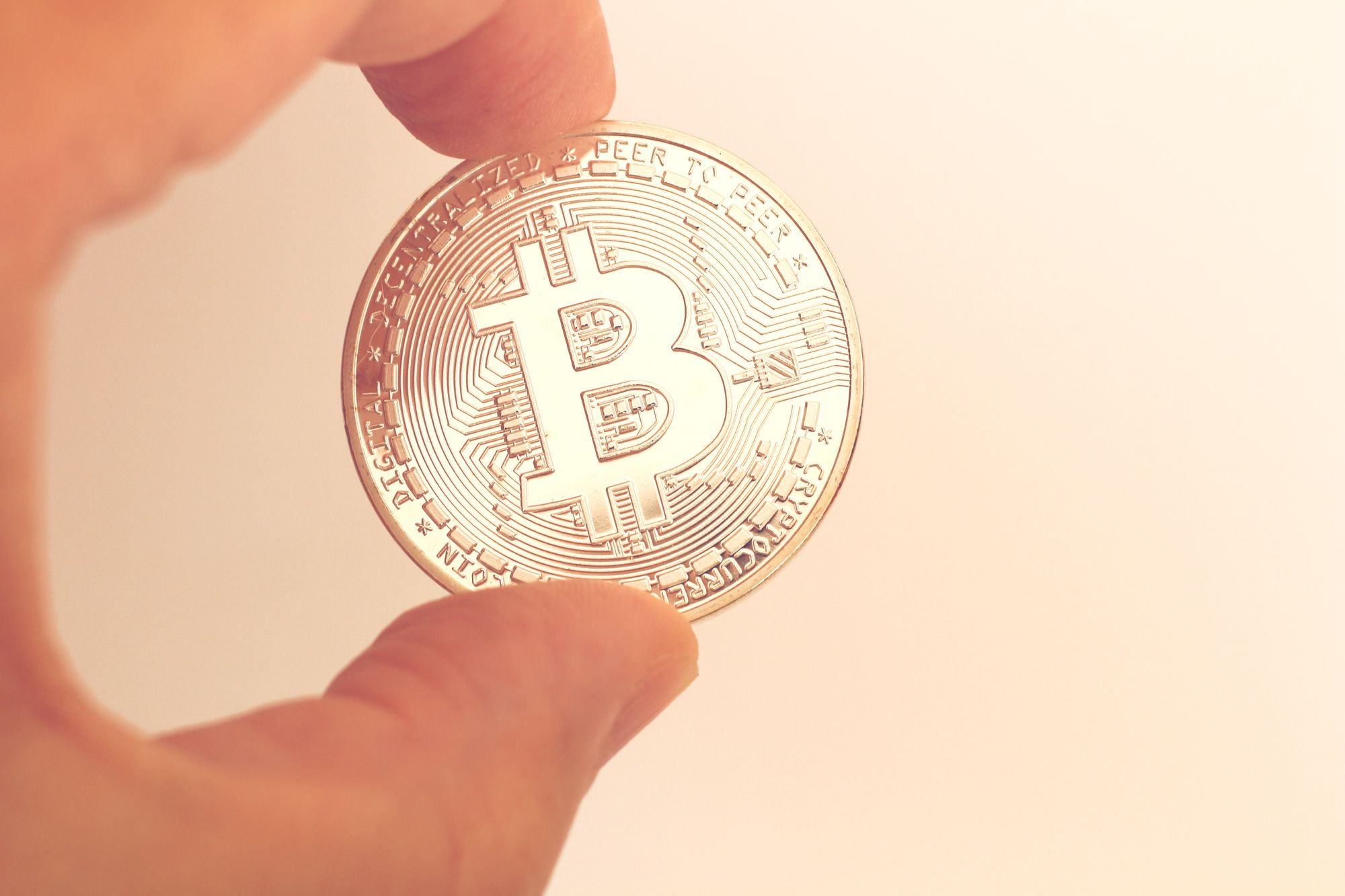
Bitcoin was the first decentralised digital currency that was introduced into the crypto market. It was created in 2009 by an individual or group using the pseudonym Satoshi Nakamoto and operates on a decentralised network with no specific company running it.
Bitcoin, the original cryptocurrency, continues to be a strong investment option in 2024. Its uniqueness lies in the fact that only 21 million coins will ever exist, adding to its perceived value over time. Being widely recognised and decentralised, Bitcoin is like the gold standard in the world of digital currencies, making it a dependable and trustworthy choice for investors in 2024.
BTC is currently valued at $46,050, with a market cap of $902 billion.
2. Ethereum (ETH)
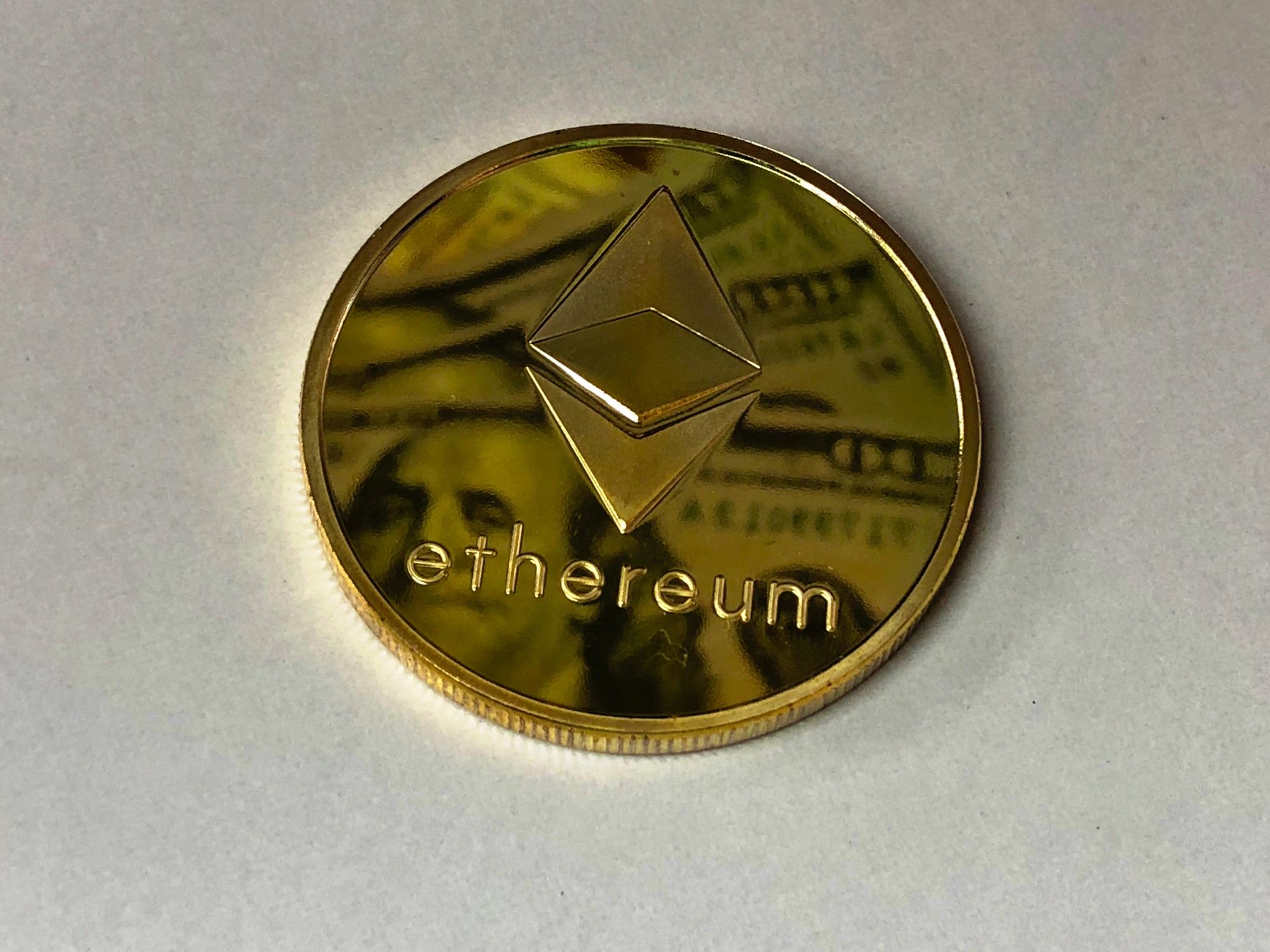
Vitalik Buterin introduced the idea of Ethereum in late 2013, and its development began in early 2014, with the network becoming operational in 2015. The ongoing progress and improvements to the Ethereum network are managed by the Ethereum Foundation.
Ethereum, often referred to as the "world computer," holds significant influence. Its ability to execute smart contracts has transformed decentralised finance (De-Fi) and non-fungible tokens (NFTs). The upcoming Ethereum 2.0 upgrade aims to improve scalability and energy efficiency, reinforcing its standing in the digital landscape.
Ethereum’s current market price is $2,648, with a market cap of $318 billion. It is the second most valuable cryptocurrency in the market at the moment, after Bitcoin.
Read more about Ethereum and its update here.
3. Binance Coin (BNB)
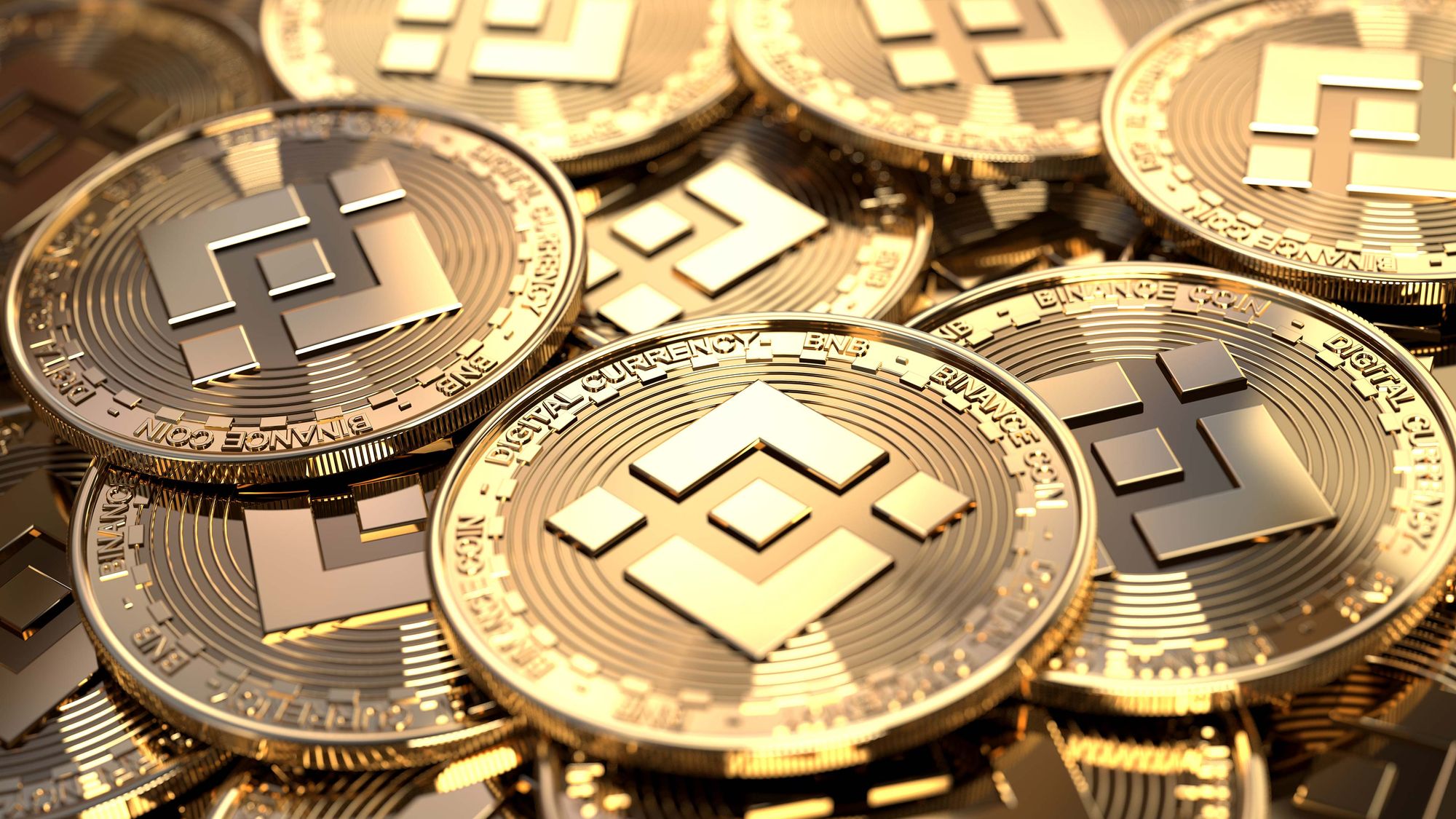
Binance Coin was created in 2017 by the Binance team led by Changpeng Zhao and launched by Binance, one of the world's largest cryptocurrency exchanges, as part of the Binance exchange's initial coin offering (ICO).
Binance Coin, which thrives as the native cryptocurrency of the Binance exchange, has seen exponential growth. Its utility within the Binance ecosystem, including reduced trading fees, makes it a valuable asset. As Binance continues to expand its services, BNB's demand is likely to follow suit.
Presently, BNB Coin is valued at $310, with an approximate market price of $47 billion.
4. Cardano (ADA)
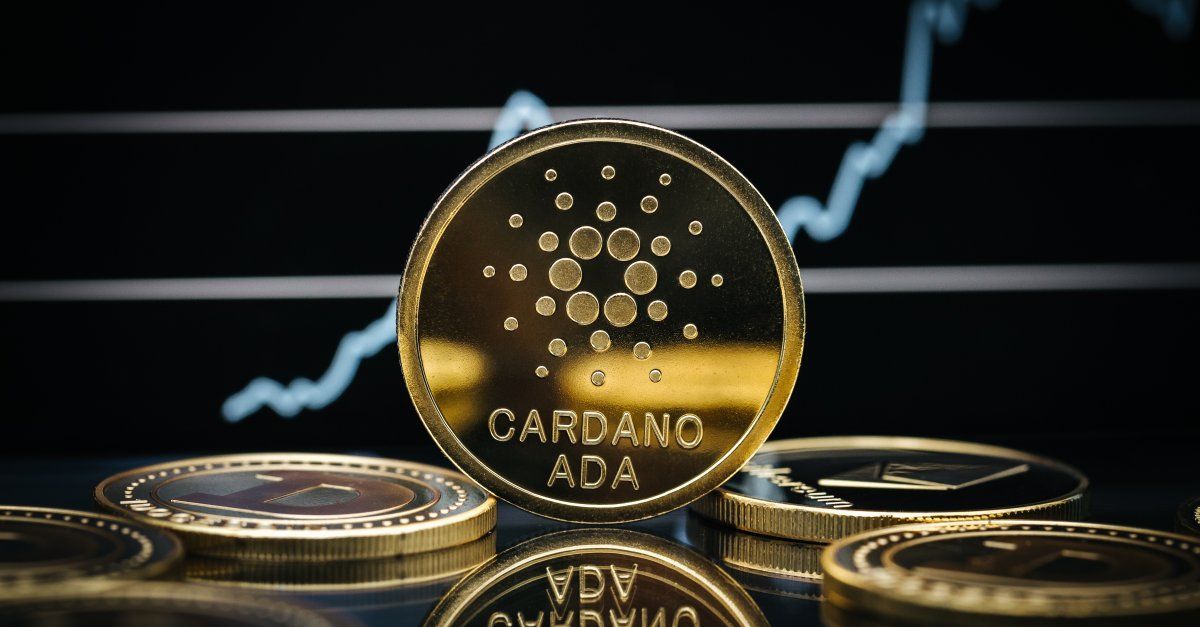
Cardano was founded by Charles Hoskinson, co-founder of Ethereum, in 2017 and has since been developed by Input Output Hong Kong (IOHK).
Cardano is known for its research-focused strategy with the goal of developing a blockchain that is both highly secure and scalable. The innovative consensus algorithm it employs, called Ouroboros, sets it apart. Additionally, Cardano is dedicated to ensuring compatibility with other systems, making it a strong candidate for sustained success in the long run.
ADA is currently valued at $0.5831, with a market cap of $20 billion.
5. Solana (SOL)
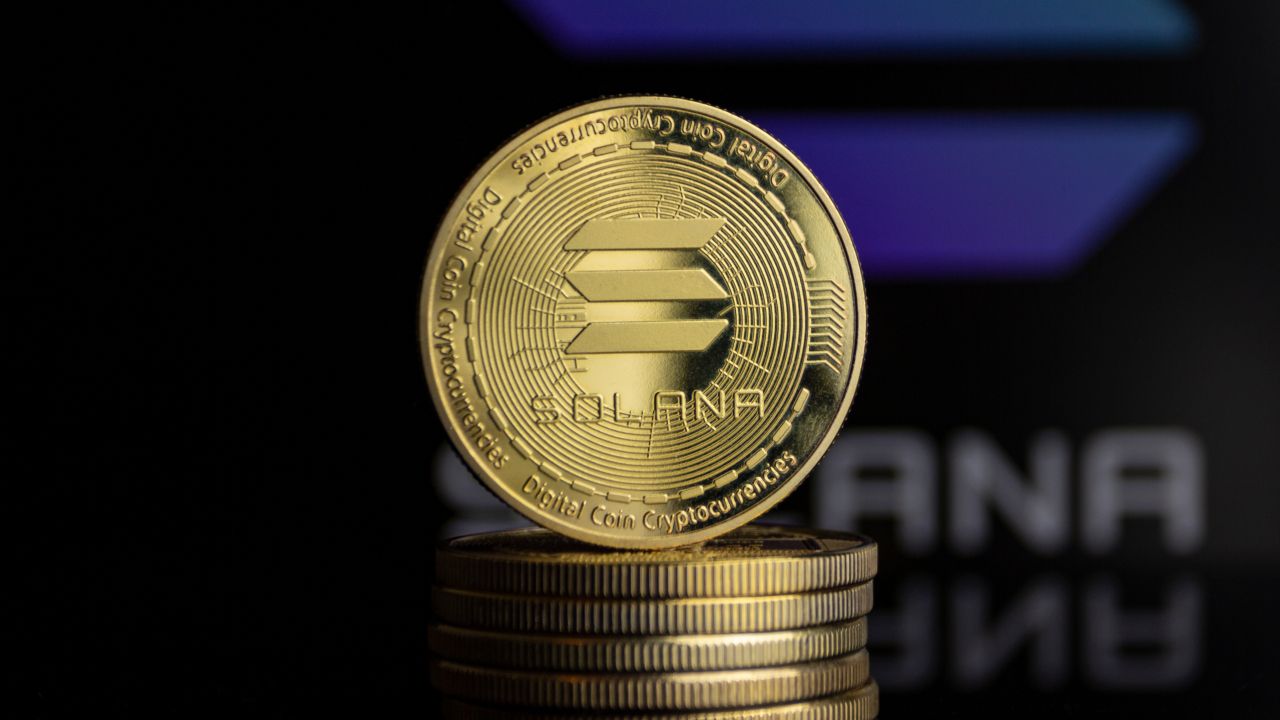
Solana, established in 2020 by Anatoly Yakovenko and developed by Solana Labs, has gained attention for its lightning-fast transaction speeds and low fees.
As a high-performance blockchain, Solana has become a central platform for decentralised apps (DApps) and decentralised finance (DeFi) projects.

SOL’s current market price is at $98, with its market cap at $42 billion.
6. Polkadot (DOT)
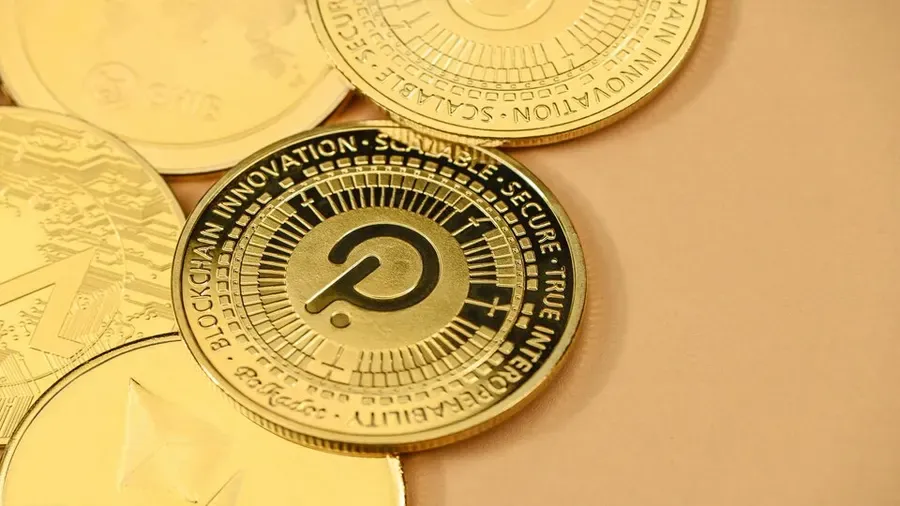
Founded by Dr. Gavin Wood, one of Ethereum's co-founders, and overseen by Web3 Foundation, Polkadot takes an innovative approach to blockchain connectivity.
Polkadot's innovative approach involves connecting various blockchains to create a cohesive network, promoting smooth communication between them. This unique approach tackles issues related to the scalability and compatibility of blockchains, allowing for more efficient and effective information transfer across different blockchain platforms.
DOT is currently valued at $8, with its market cap hitting 410 billion in 2024. This makes it a potential cryptocurrency to buy this year.
7. Ripple (XRP)
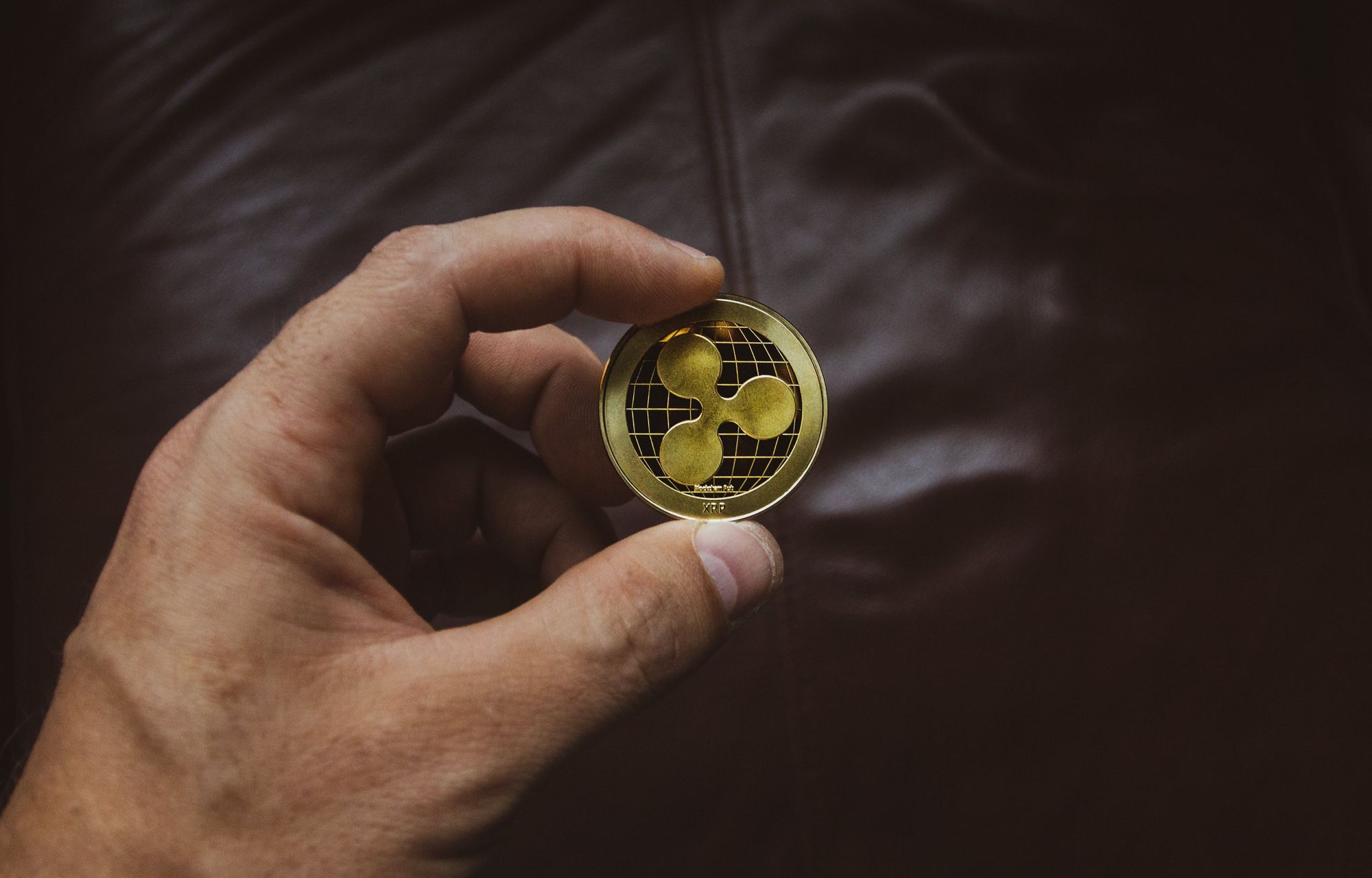
Established in 2012 by Chris Larsen and Jed McCaleb, Ripple focuses on transforming cross-border payments.
Ripple stands out by prioritising quick and affordable global transactions. Through collaborations with major financial institutions, Ripple seeks to transform the way money moves across borders, making it an attractive option for investors interested in practical applications.
XRP has a current market price of $0.5995, with its market cap totalling $32 billion.
8. Chainlink (LINK)
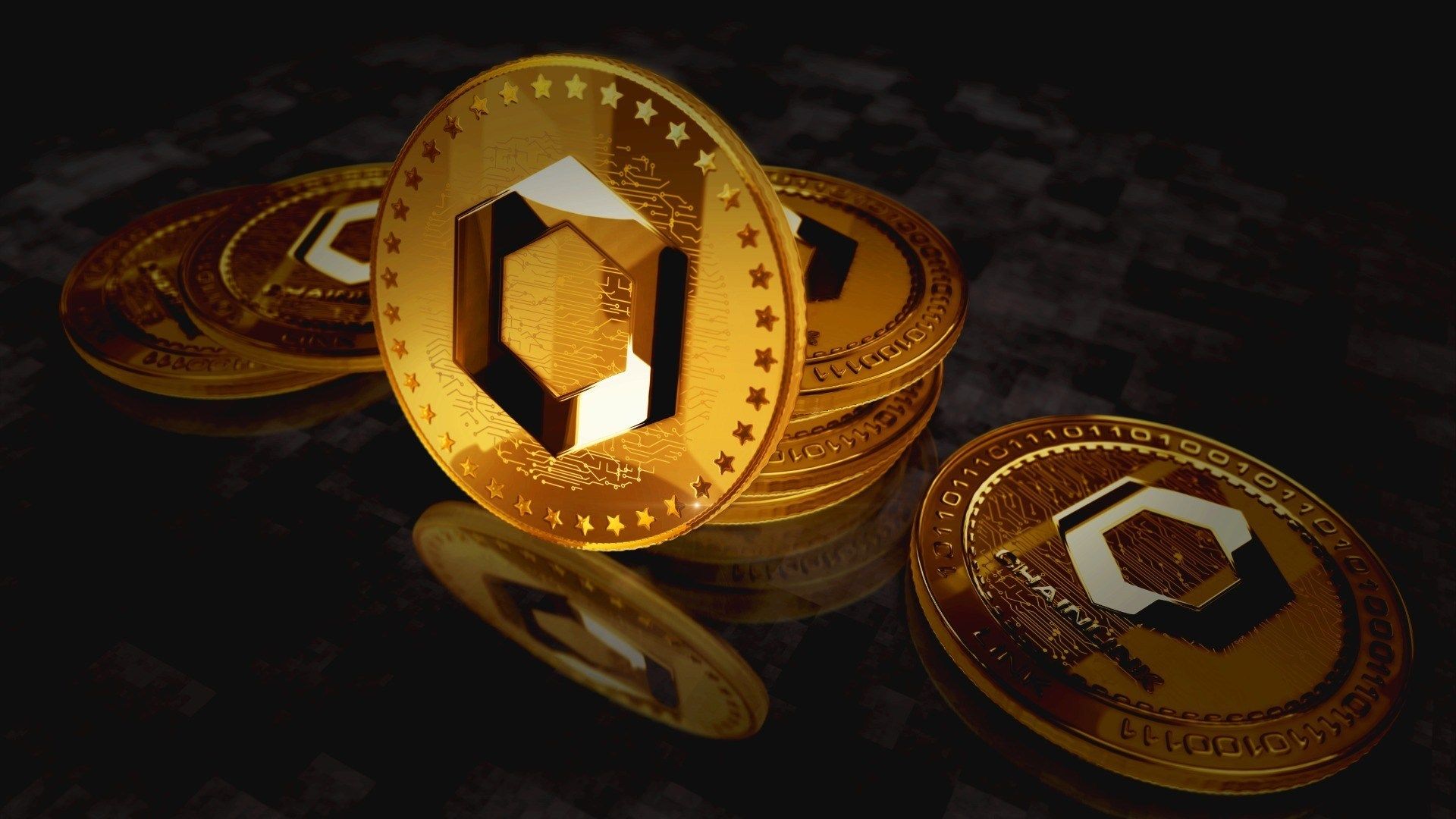
Chainlink, launched by Sergey Nazarov and Steve Ellis and developed by Chainlink Foundation in 2017, plays a crucial role in connecting smart contracts with real-world data, enabling them to execute based on real-time information.
As smart contracts gain widespread adoption, Chainlink's importance in the blockchain ecosystem grows.

LINK holds a current market price of $15 and a market cap of $8 billion.
9. Litecoin (LTC)
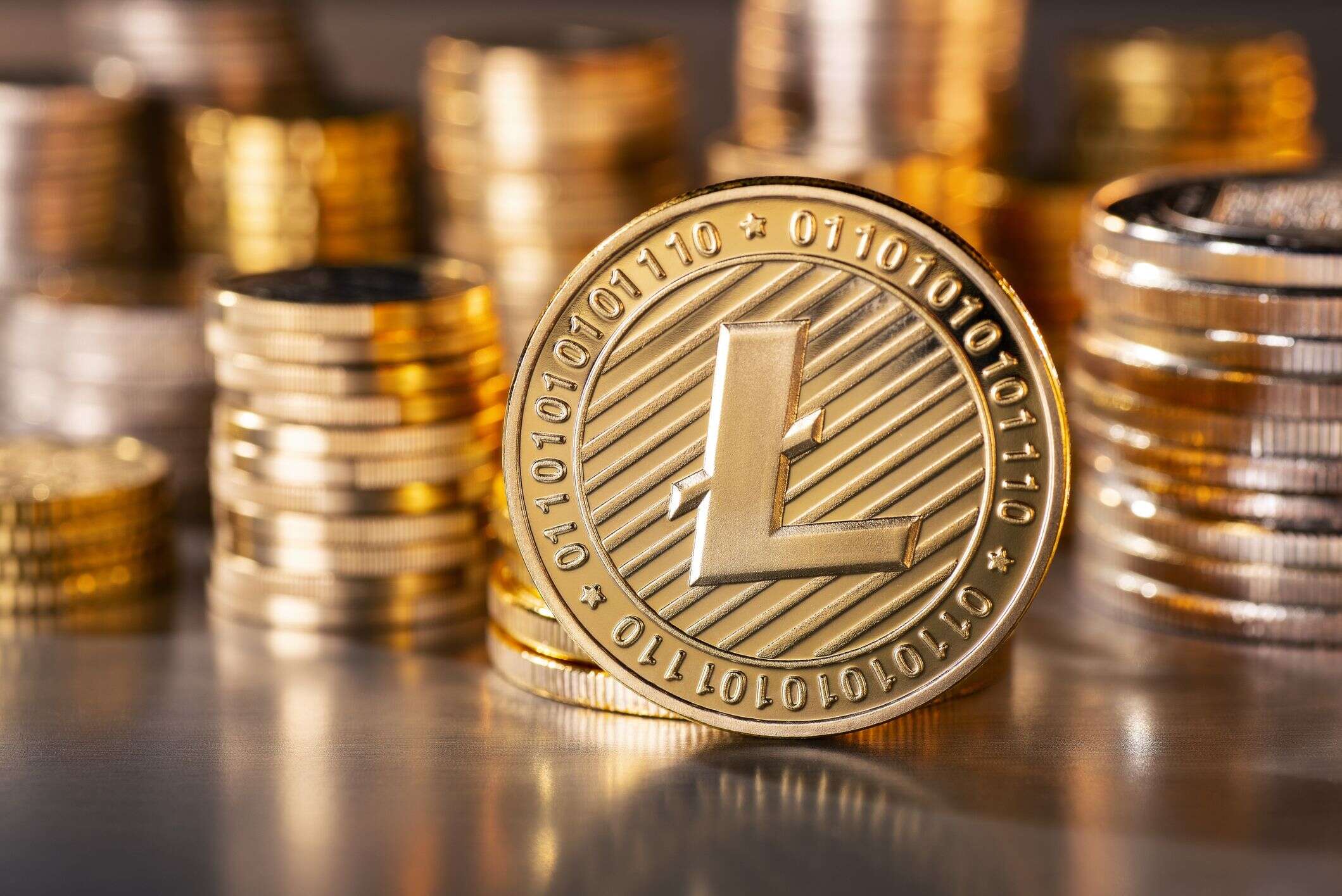
Often referred to as digital silver, Litecoin, created in 2011 by Charlie Lee, a former Google engineer, is a peer-to-peer cryptocurrency that shares similarities with Bitcoin.
With faster block generation times, Litecoin serves as a complement to Bitcoin in a diversified crypto portfolio.
LTC is currently valued at $75, with a market cap of $5 billion.
10. Avalanche (AVAX)
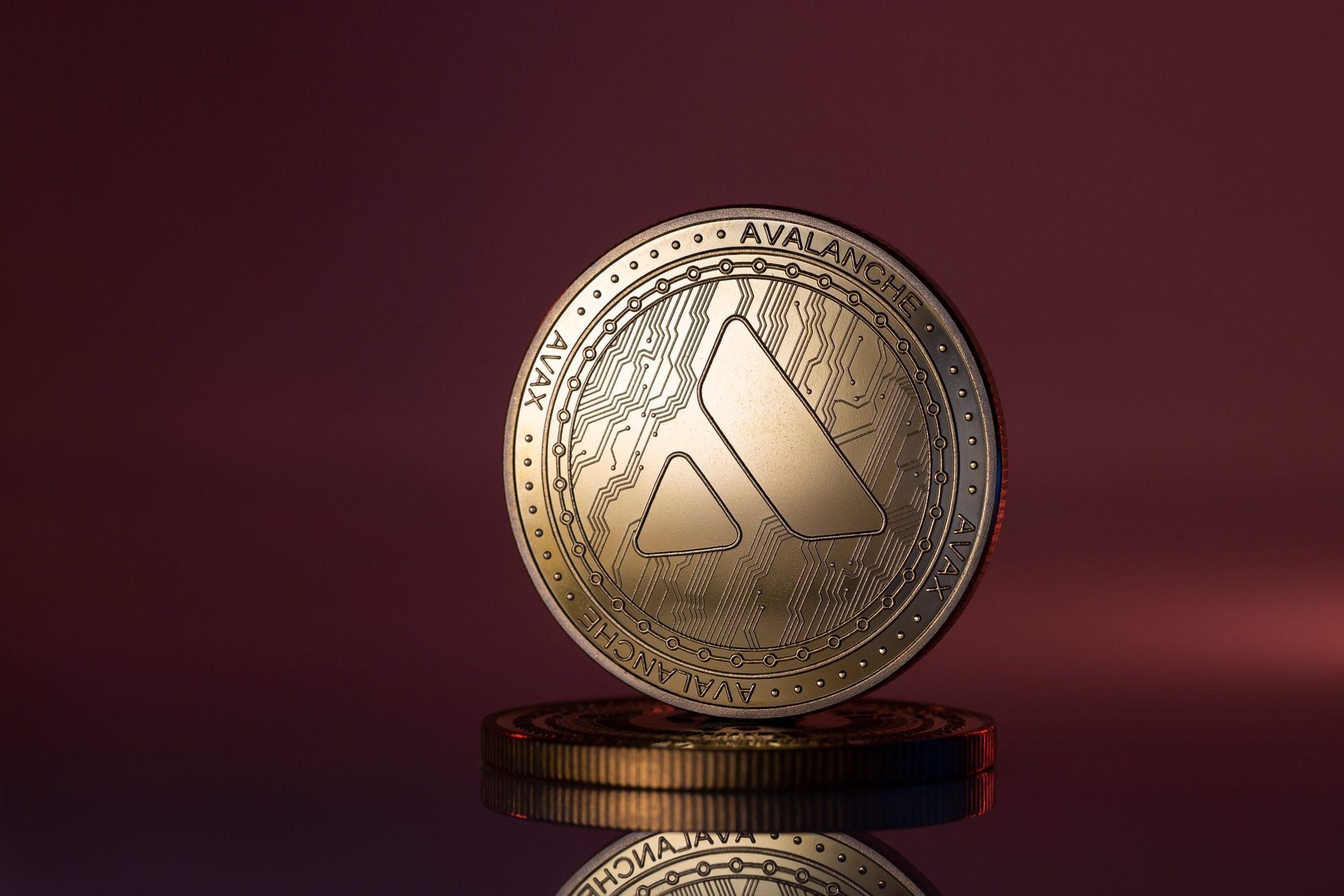
Since its launch in 2020 by Emin Gün Sirer, and its continuous development and maintenance by Ava Labs, Avalanche is making waves with its highly scalable and customisable blockchain networks.
Avalanche, the consensus mechanism used, enables the customisation of blockchain setups to suit different needs and industries. This means it can be tailored for specific purposes and applications.
AVAX holds a current market value of $38 and a market cap of $14 billion.
Closing Thoughts
To sum up, successfully navigating the world of cryptocurrencies in 2024 requires a thoughtful approach. The top 10 cryptocurrencies discussed here provide various options for investors, each with its own strengths and growth potential.
Bitcoin, being the first and most established cryptocurrency, remains a reliable choice due to its limited supply. Ethereum stands out for its continuous development, particularly in smart contracts and decentralised applications. Binance Coin's significance in the Binance ecosystem highlights its value, while Cardano's emphasis on security and scalability positions it as a strong contender for the long term.
Solana's notable speed and efficiency, Polkadot's innovative connectivity approach, Ripple's focus on improving cross-border payments, Chainlink's role in providing real-world data for smart contracts, Litecoin's comparison to digital silver, and Avalanche's highly scalable blockchain networks contribute to a diverse range of choices.
Whether you're an experienced investor or new to the crypto space, making well-informed decisions is very important. Take the time to carefully assess each cryptocurrency's unique features and its potential impact on your investment portfolio.
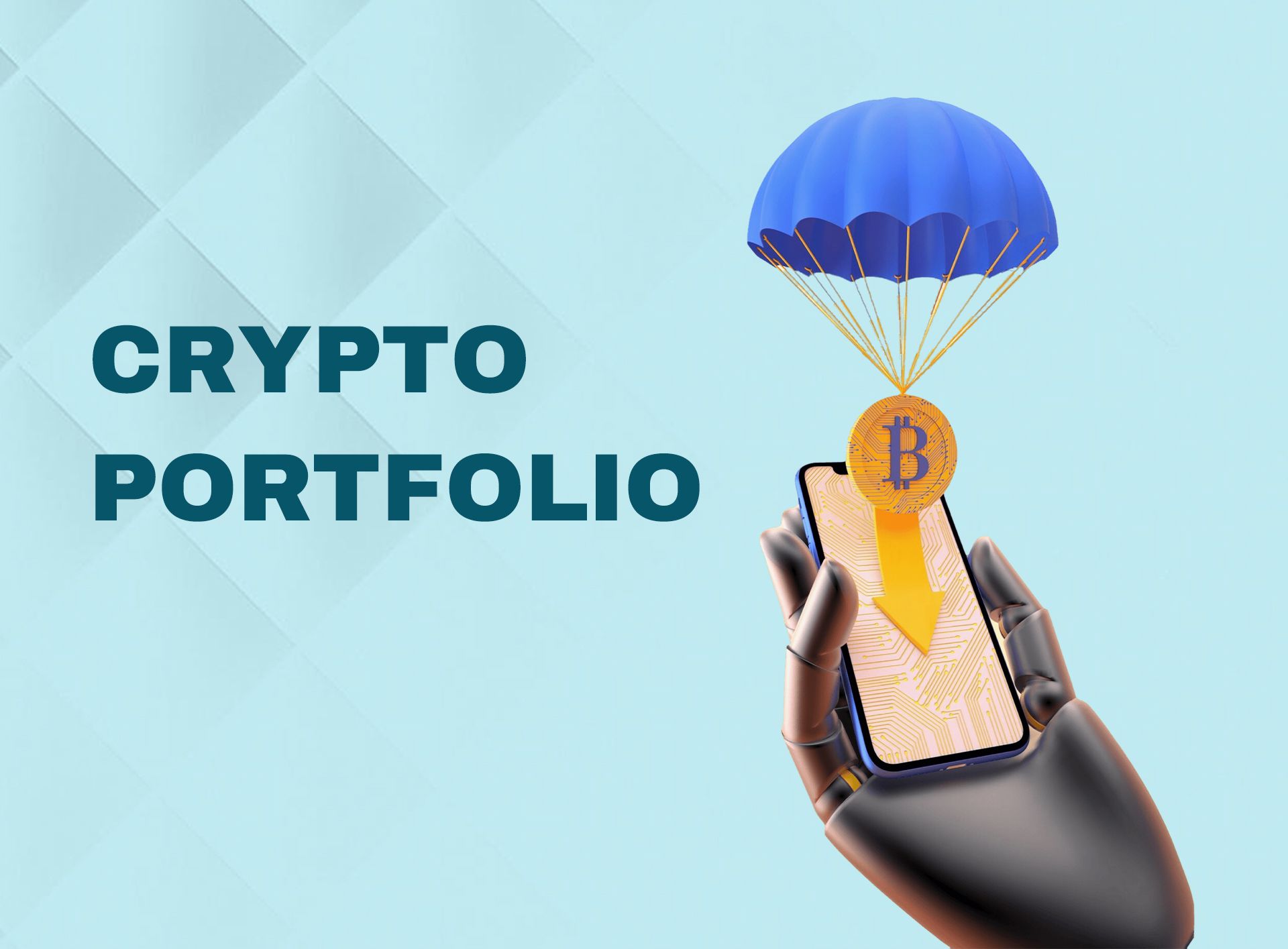
Frequently Asked Questions (FAQs)
Q1. What is the best cryptocurrency for beginners to invest in?
A1. Bitcoin (BTC) and Ethereum (ETH) are excellent choices for beginners due to their established track records and widespread acceptance.
Q2. Why is Bitcoin considered digital gold?
A2. Bitcoin's capped supply and decentralised nature contribute to its scarcity and store of value, likening it to gold.
Q3. What is the significance of smart contracts on Ethereum?
A3. Smart contracts on Ethereum automate and enforce contract terms, enabling decentralised applications and services.
Q4. How does Binance Coin (BNB) benefit Binance users?
A4. BNB provides users with reduced trading fees and is a utility token within the Binance ecosystem.
Q5. What makes Cardano (ADA) unique in the blockchain space?
A5. Cardano's focus on rigorous research, scalability, and interoperability sets it apart as a blockchain pioneer.
Q6. Why is Solana (SOL) popular in the crypto space?
A6. Solana's rapid transaction speeds and low fees make it attractive for decentralised applications and DeFi projects.
Q7. How does Polkadot (DOT) address blockchain scalability?
A7. Polkadot connects multiple blockchains, allowing them to share information and resources, addressing scalability concerns.
Q8. What role does Ripple (XRP) play in cross-border payments?
A8. Ripple aims to facilitate fast, cost-effective international transactions by partnering with financial institutions.
Q9. Why is Chainlink (LINK) important for smart contracts?
A9. Chainlink bridges the gap between smart contracts and real-world data, enabling them to execute based on real-time information.
Q10. What sets Avalanche (AVAX) apart in the crypto space?
A10. Avalanche's highly scalable and customisable blockchain networks cater to diverse use cases, offering flexibility and efficiency.
Disclaimer: This article was written by the writer to provide guidance and understanding of cryptocurrency trading. It is not an exhaustive article and should not be taken as financial advice. Obiex will not be held liable for your investment decisions.


